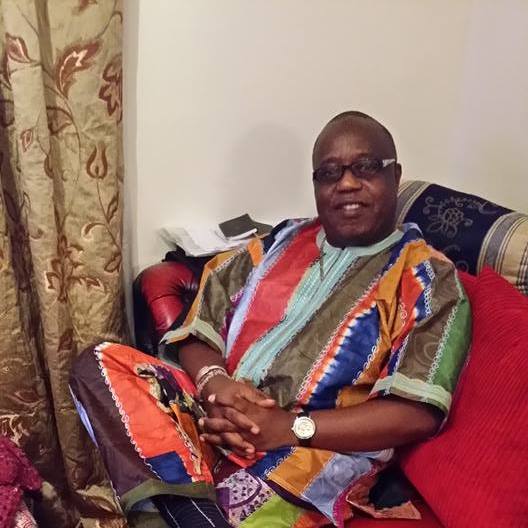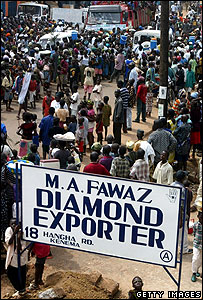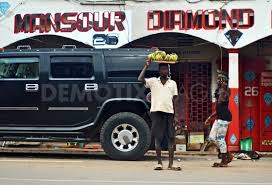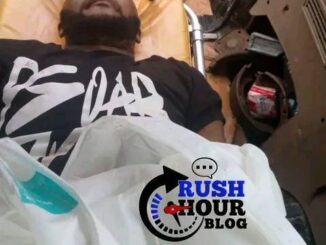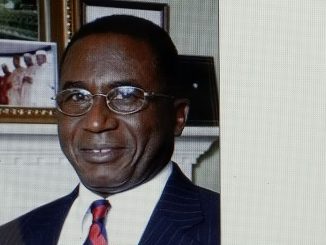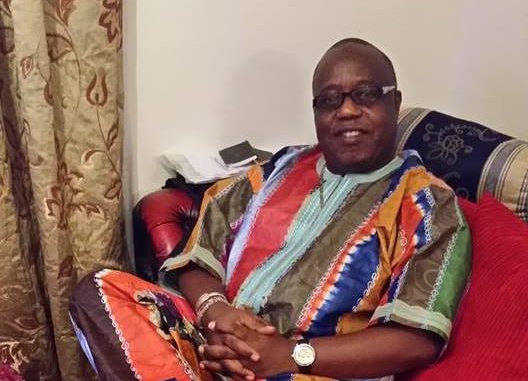
BY DR ABDUL KAI-SAMBA
The Lebanese started arriving in the colony of Sierra Leone toward the end of the 19th century, initially from neighbouring Guinea and also Dakar in Senegal. They were identified as Syrians because in the late 19th century. Lebanon was effectively part of Syrian and Lebanon only became a separate entity after World War 1. Between 1921 and 1923, the number of Syrians migrant to Sierra Leone had risen from 184 to 804. By 1926, there were 1077 Syrians on the Aliens registered in the colony.
The early Lebanese in Freetown live in poverty. They took to petty trading, especially selling coral beads, imitation of the very expensive items valued in Freetown. This item sold readily and the Lebanese became identified with these beads so that the people of Freetown interchangeably used the term “coral” to refer to the Lebanese. But they show much enterprise, buying goods on credit from the major Europeans merchants in the colony and retailing to the local population.
The Lebanese entered the trade in kola nuts and came to dominate it. Kola nuts are a nicotine-laden cultural fruit in many parts in West Africa and, according to the comptroller of customs in Sierra Leone in 1923, kola nuts accounted for about a fifth of the exports from the colony.
Very quickly, the Lebanese broke into large scale trading, operating very cheaply with tremendous plow back of resources. Although the incipient krio middle class paid more attention to western education and “clerkly” employment, the Lebanese concentrated on trade and within two decade, were firmly established in trade in Freetown. Estimates by 1923 indicated that “not less than a quarter of the total export produce of the colony” passed through the hands of the Lebanese.
The rapid rise of the Lebanese in the business earned for them the envy and resentment of the krio of Freetown. Resentment of the Lebanese domination of trade led to accusations that the Lebanese were hoarding essential commodities, such as rice, to hike the price of the foodstuff. Obviously, this resentment had more to do with Lebanese success in trade because the krio press, dominant in Freetown, was also charging the Lebanese the “seducing decent krio girls” and that the Lebanese were also threatening that they had the economic power to “make the krio eat grass”. This hostility fed into the workers strike that degenerated into rioting in 1919, with mostly the shops of the Lebanese traders being looted.
They established themselves in Sierra Leone in the business of running the economy i should say. They now involved in almost buying and selling, government contract, mining, agriculture, import and export, etc.
They disrespects sierra Leoneans because of their money they have and their connection in government. With the civil war most of them returned to their various countries, Lebanon and Syria. They have given up their shops and it’s been occupied by sierra Leoneans and other foreigners.

